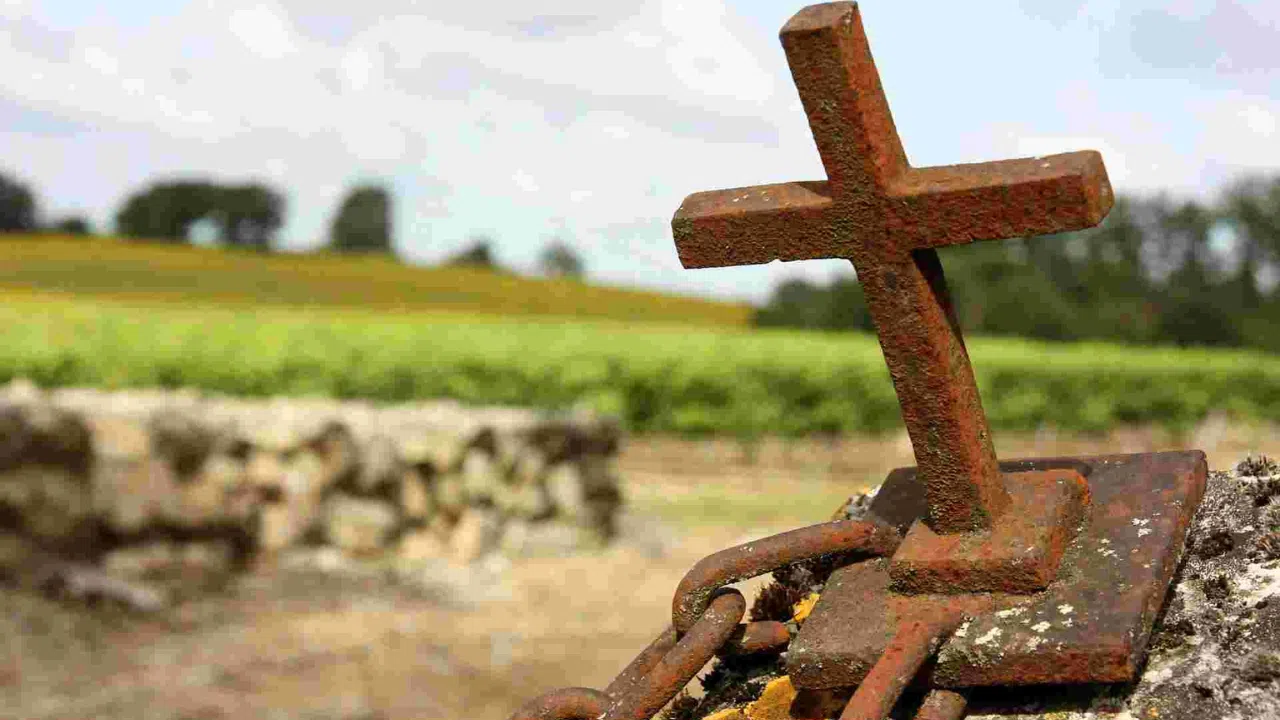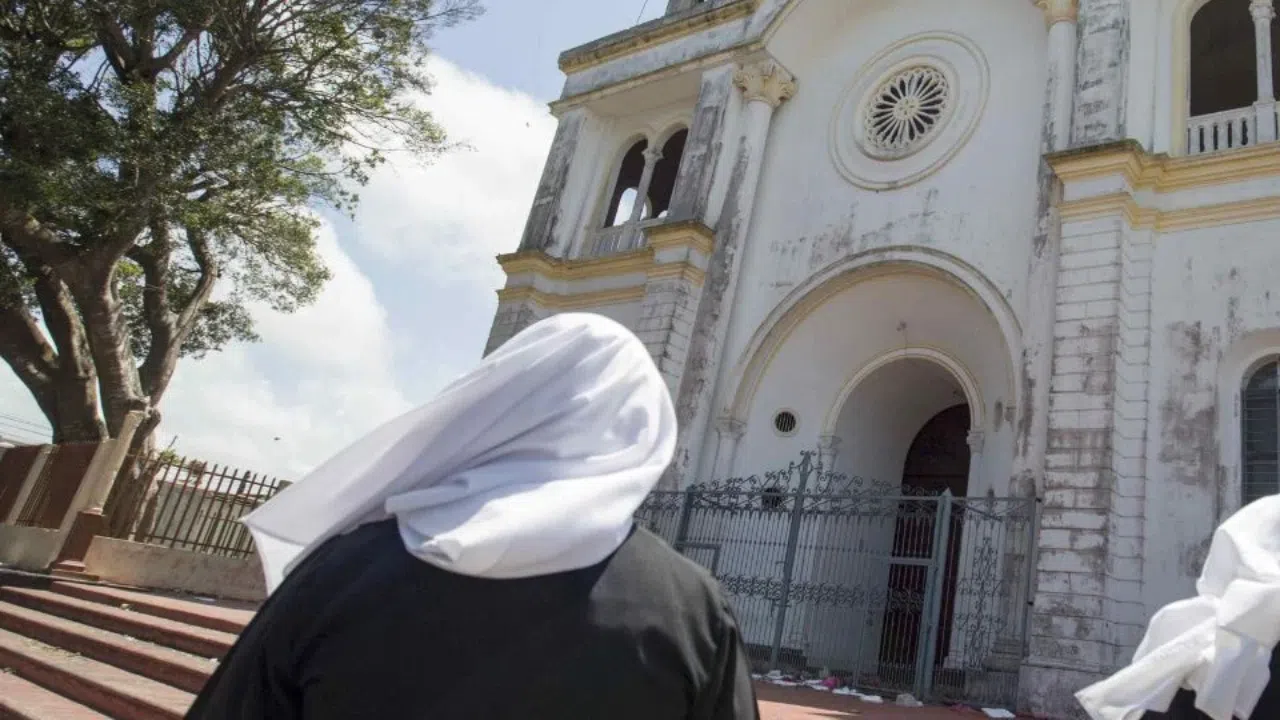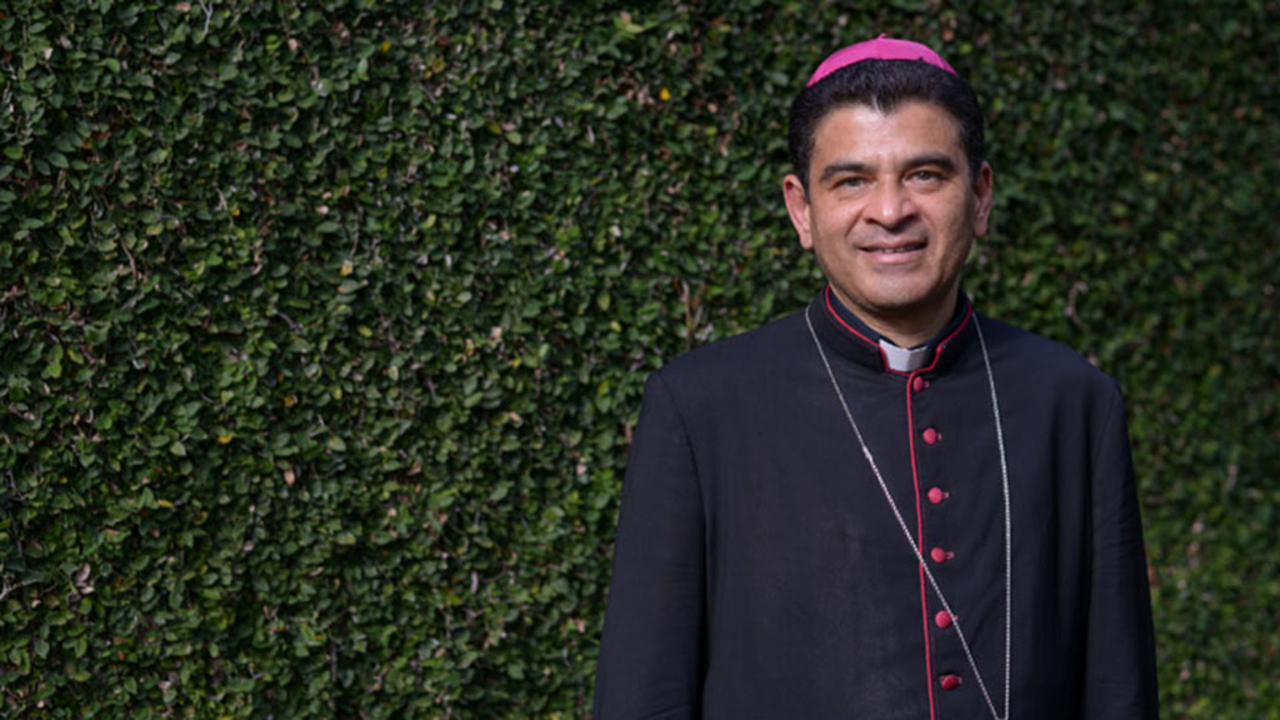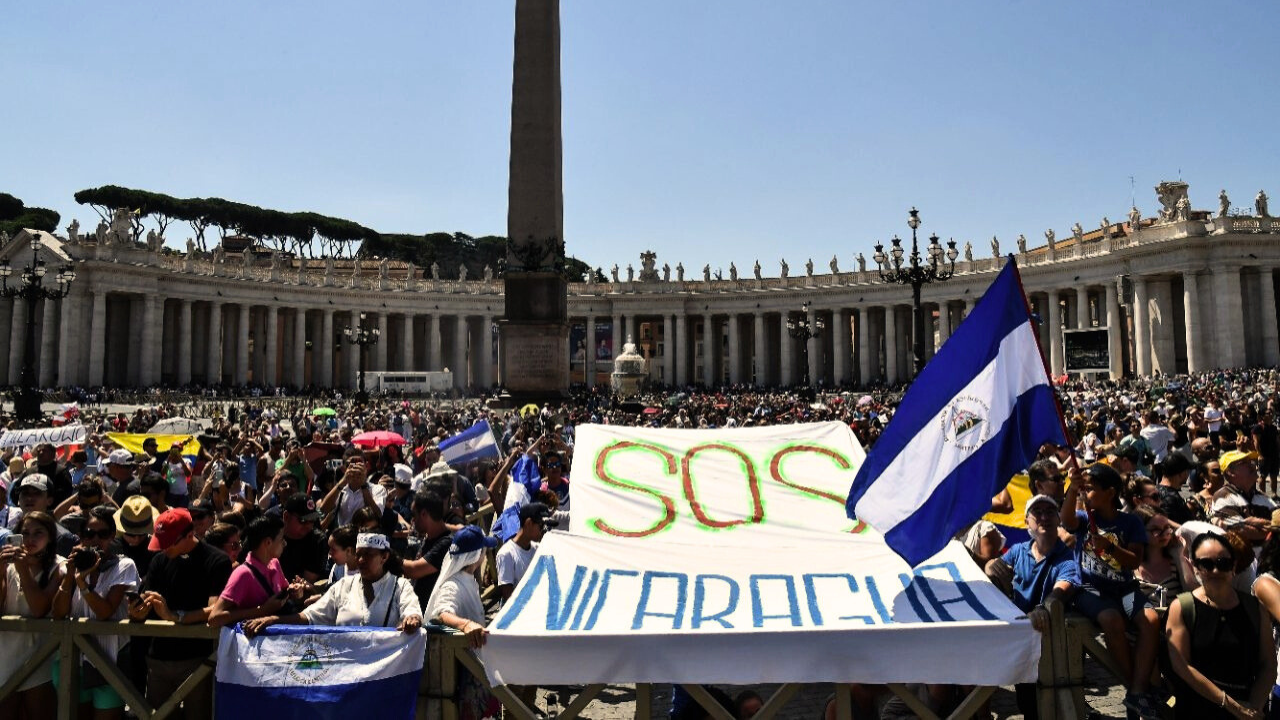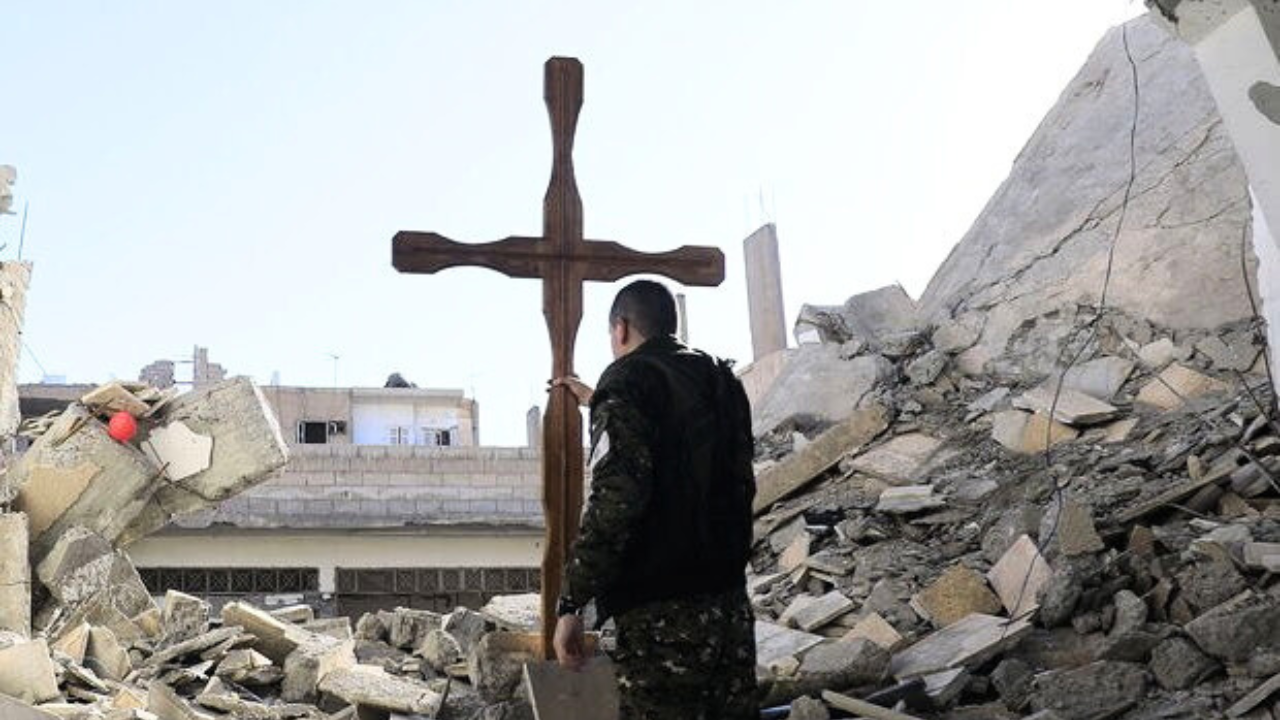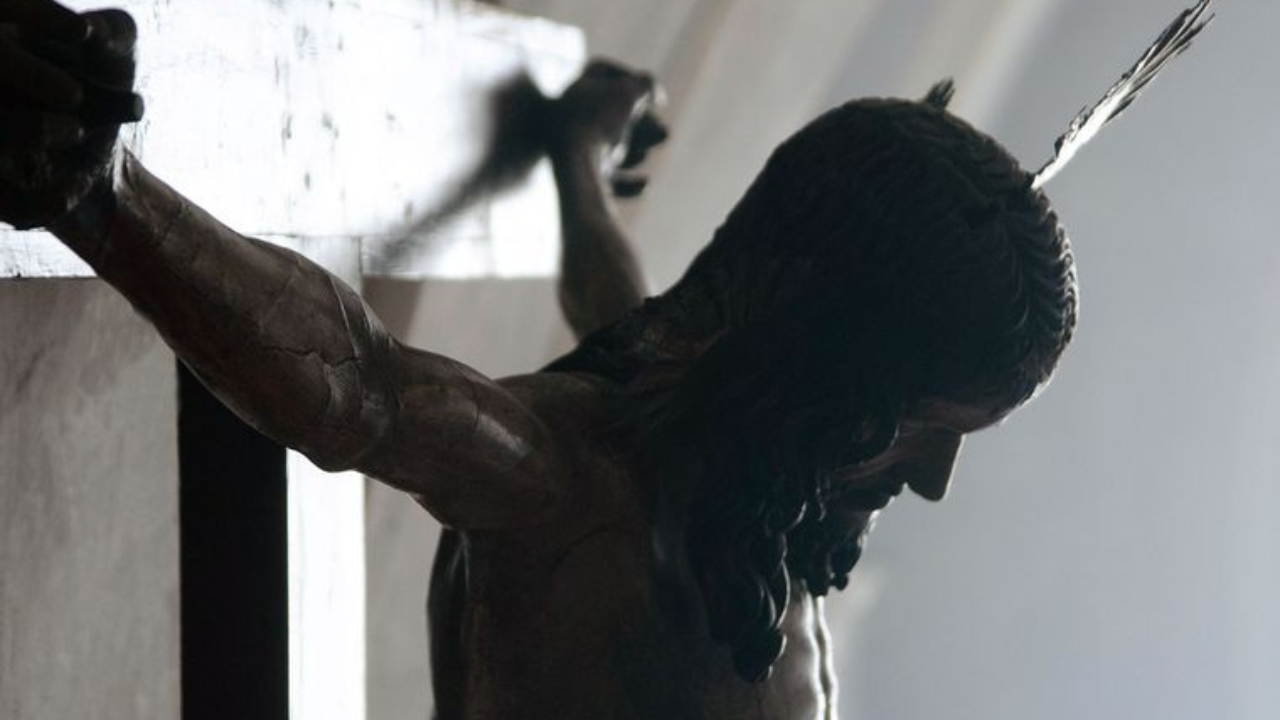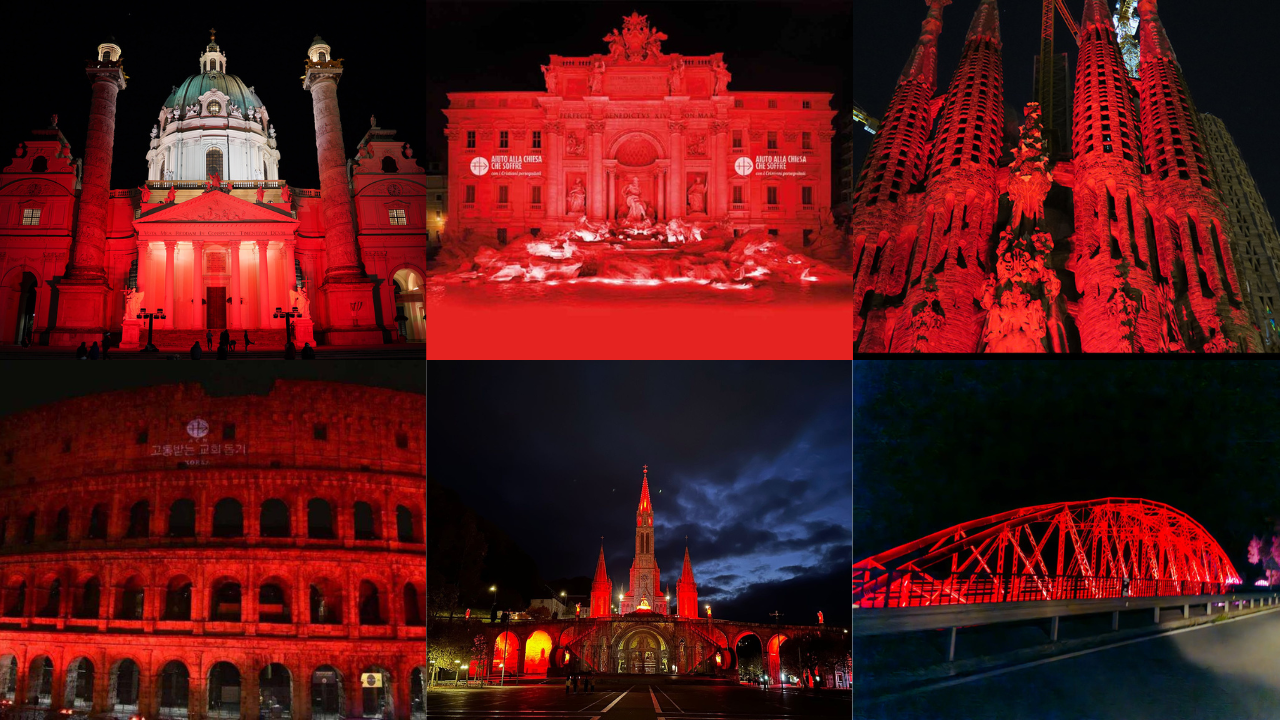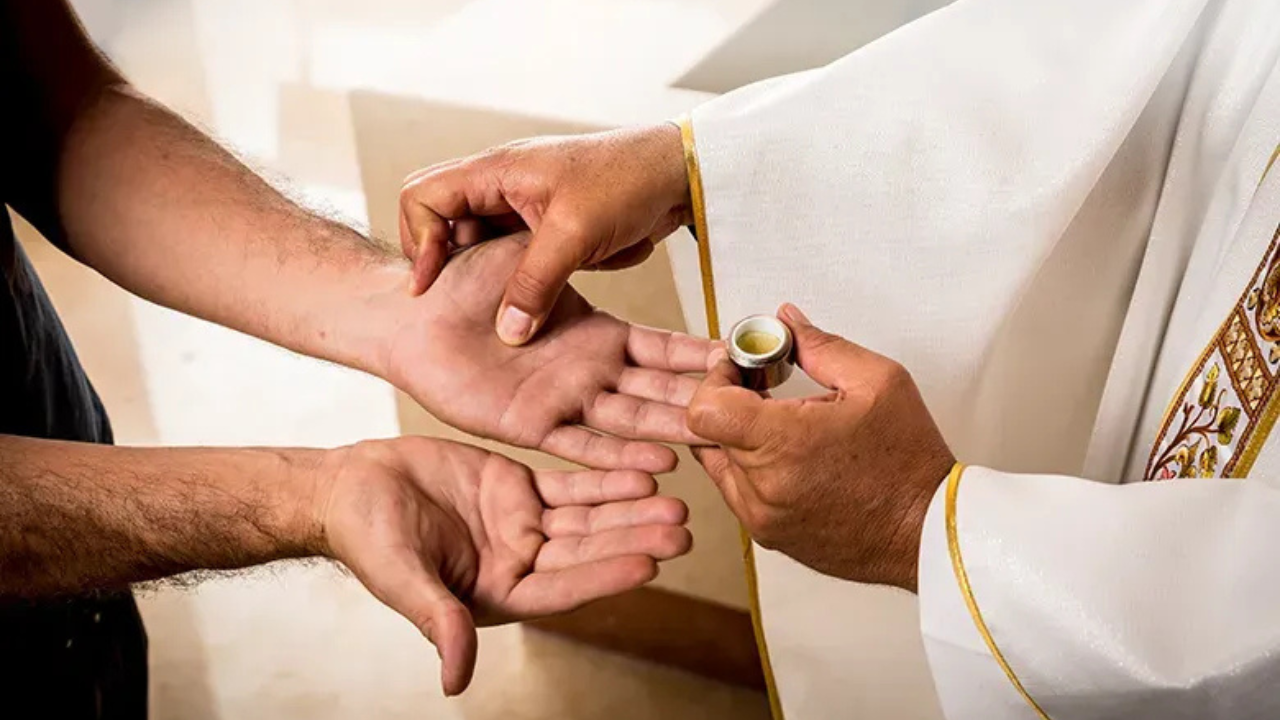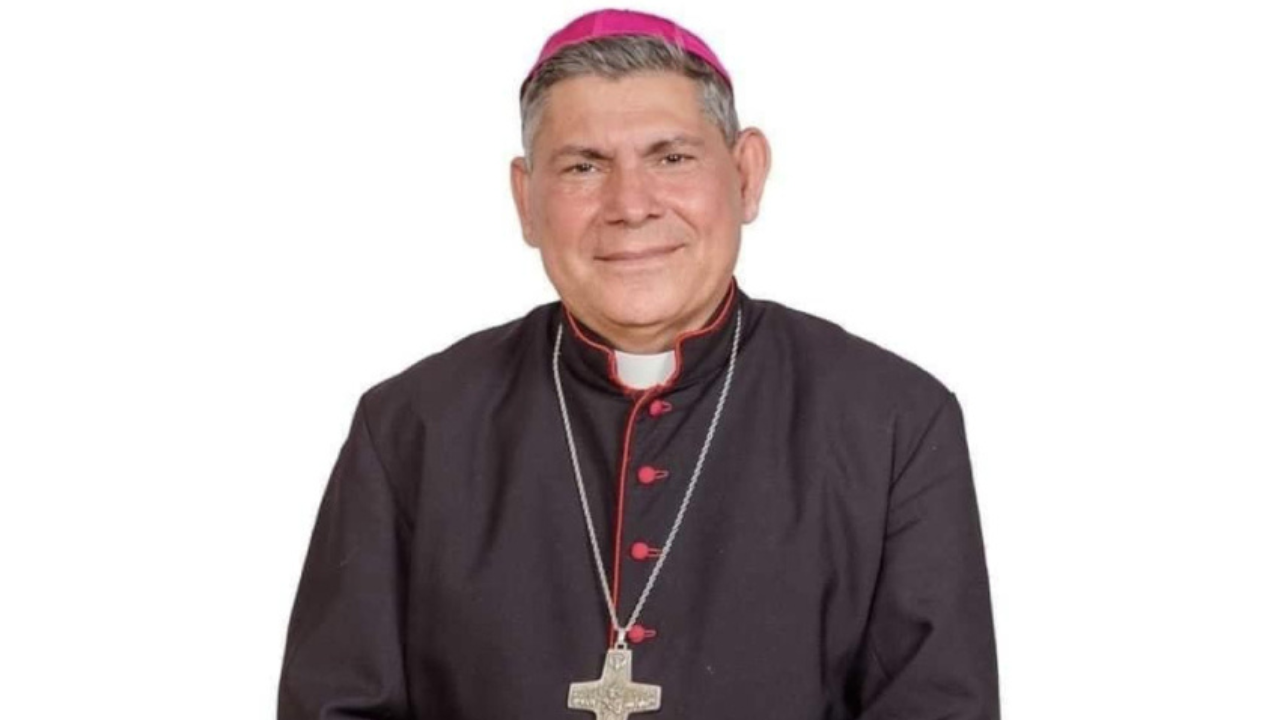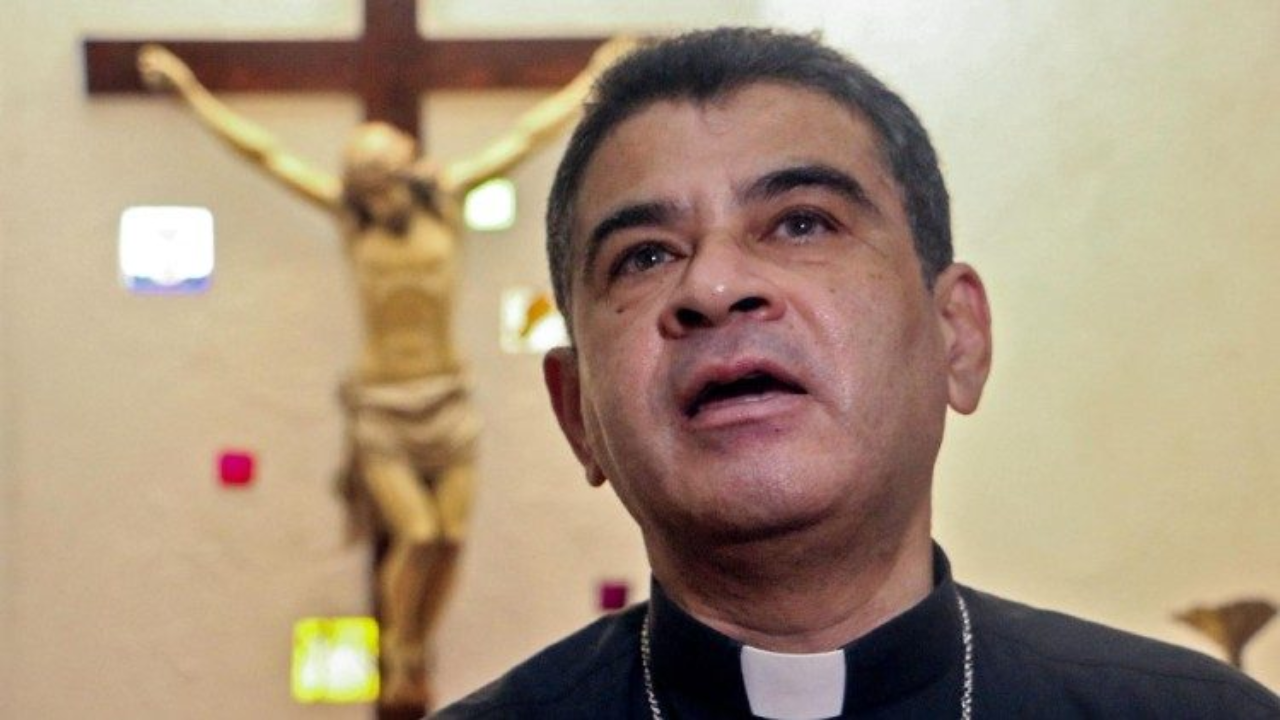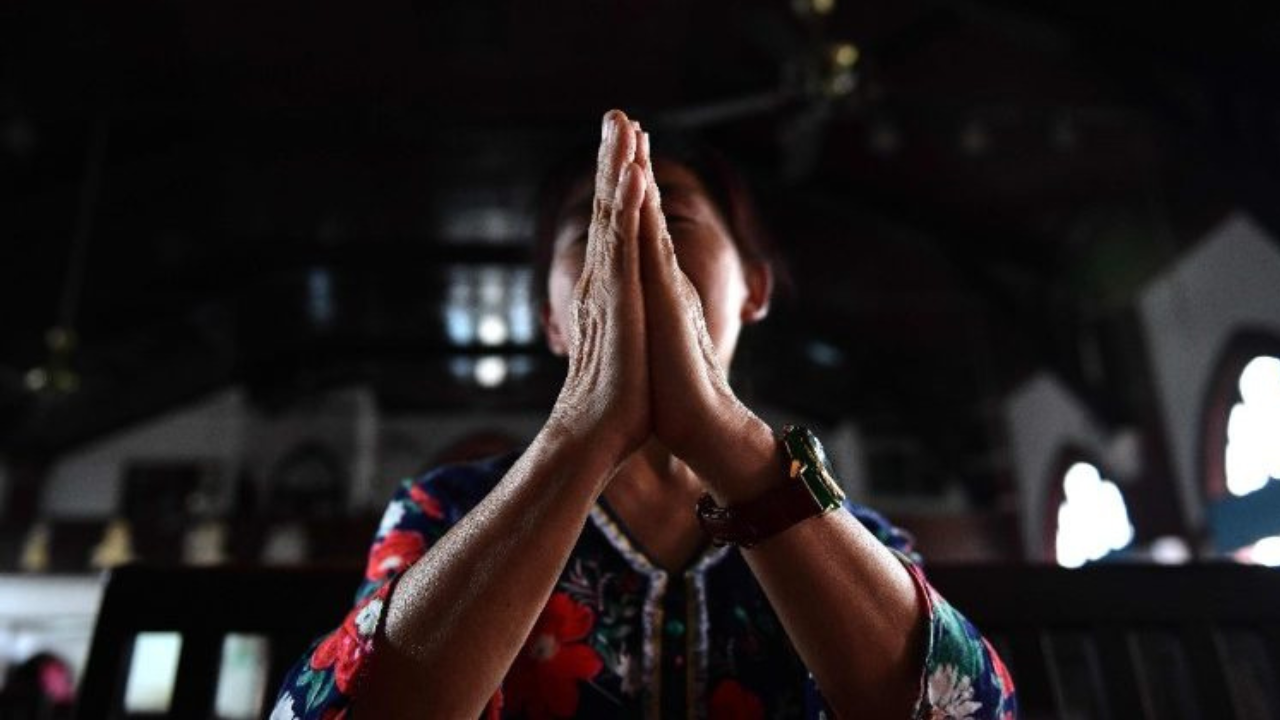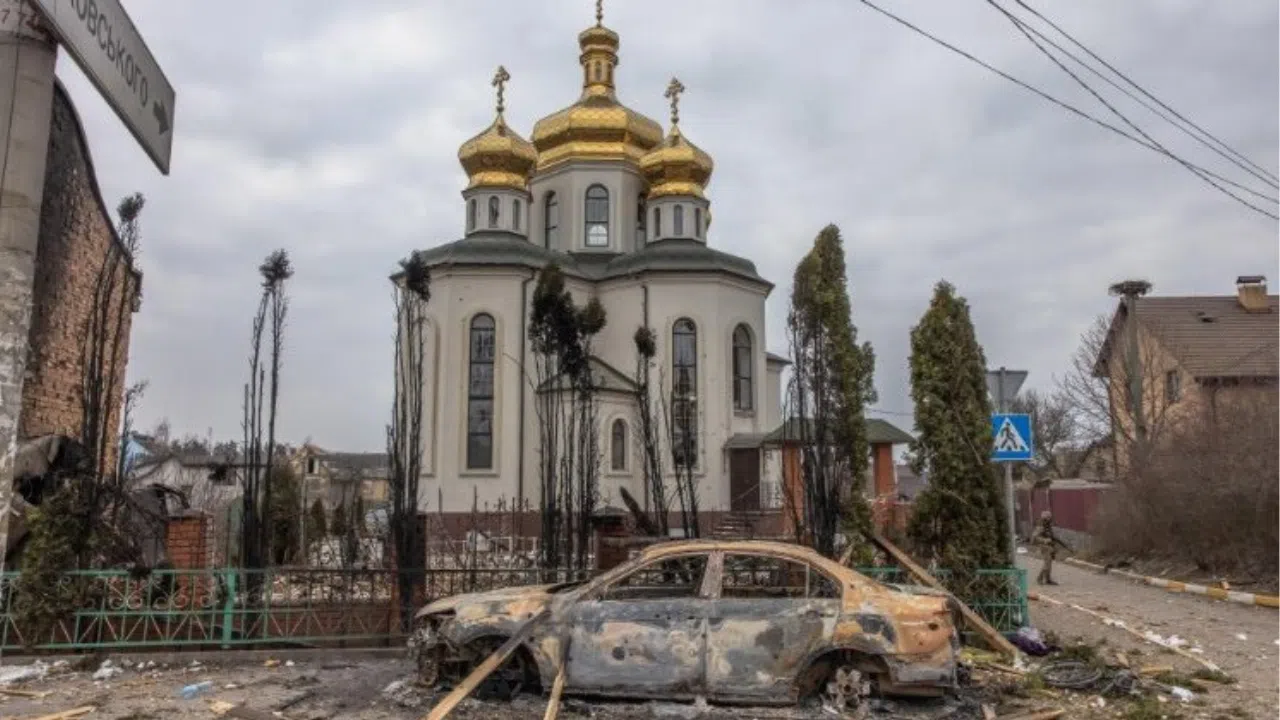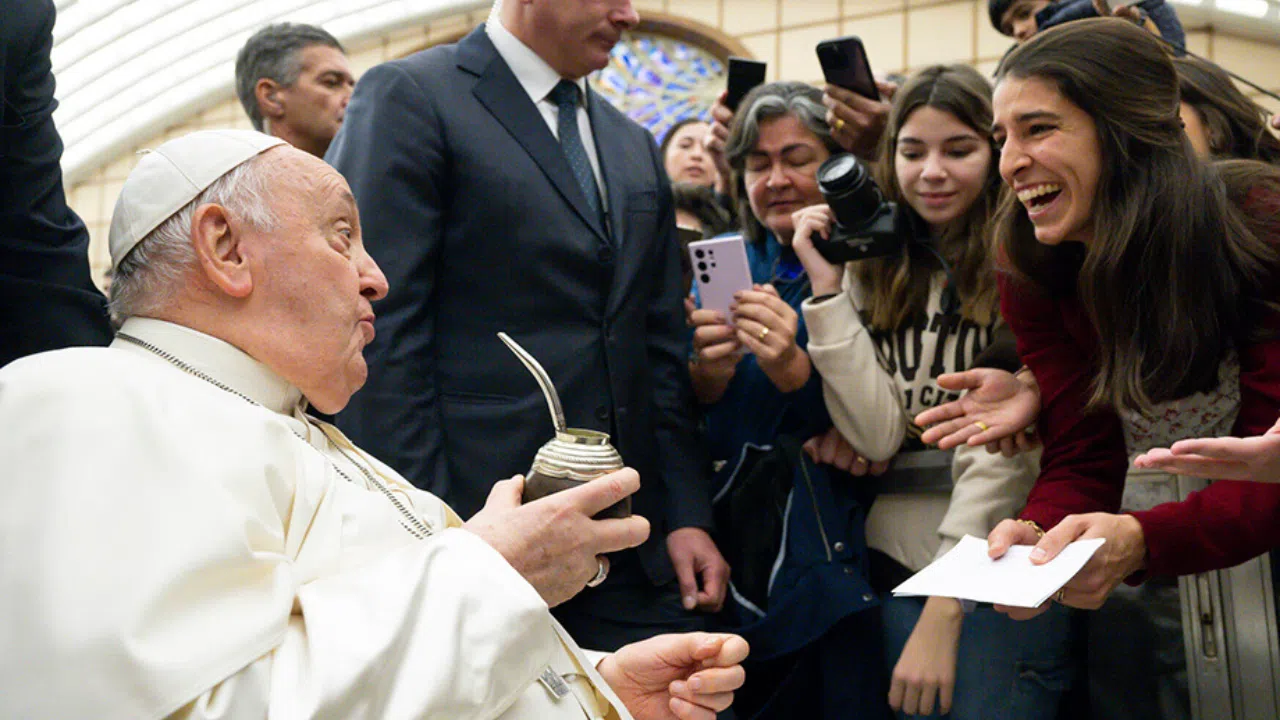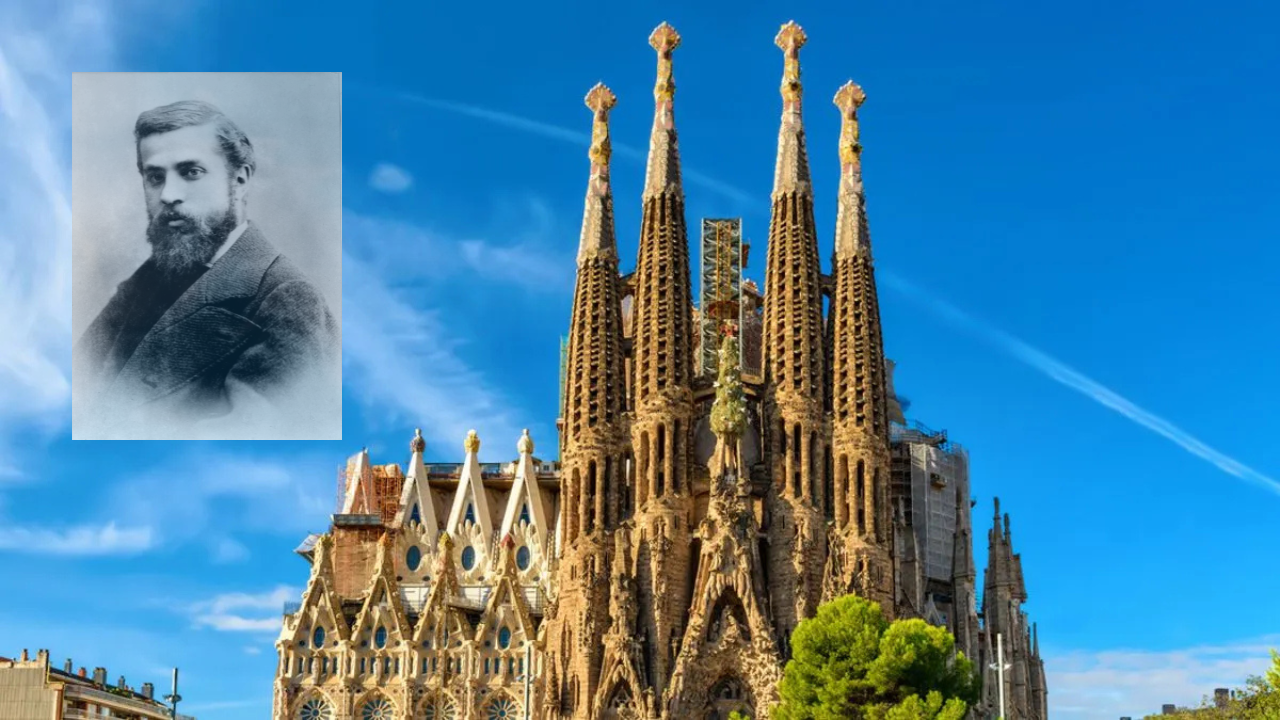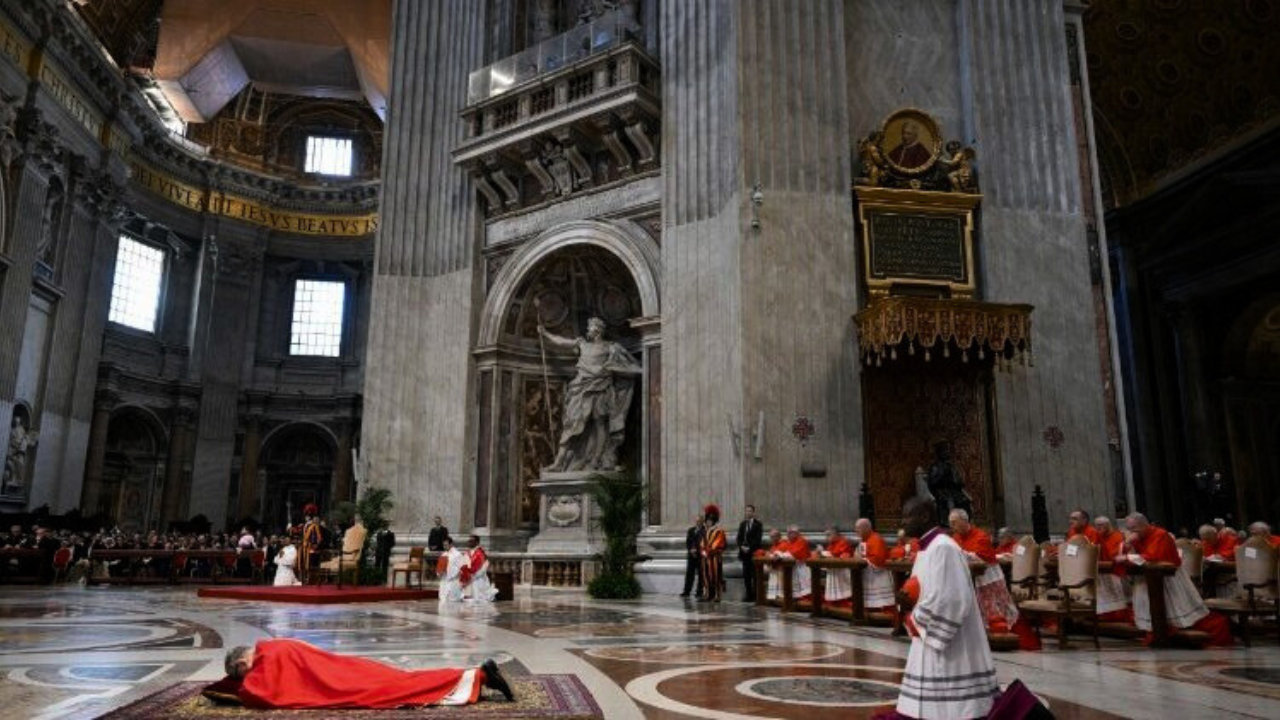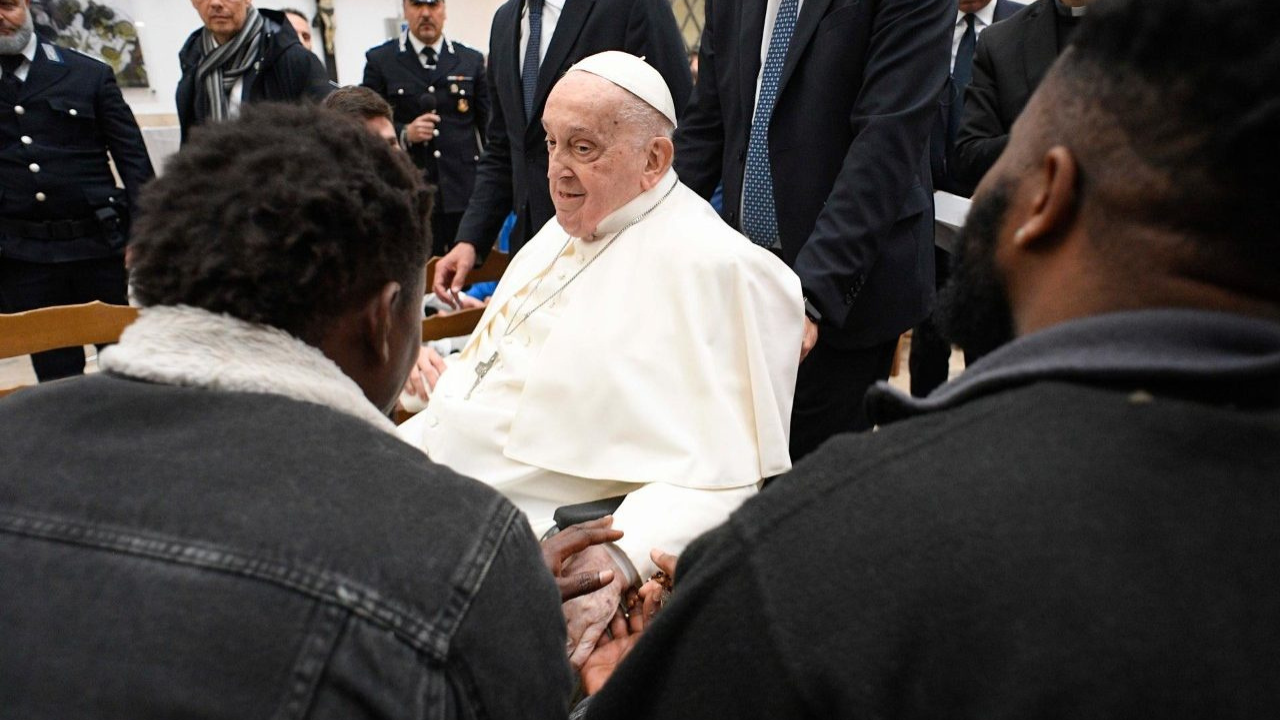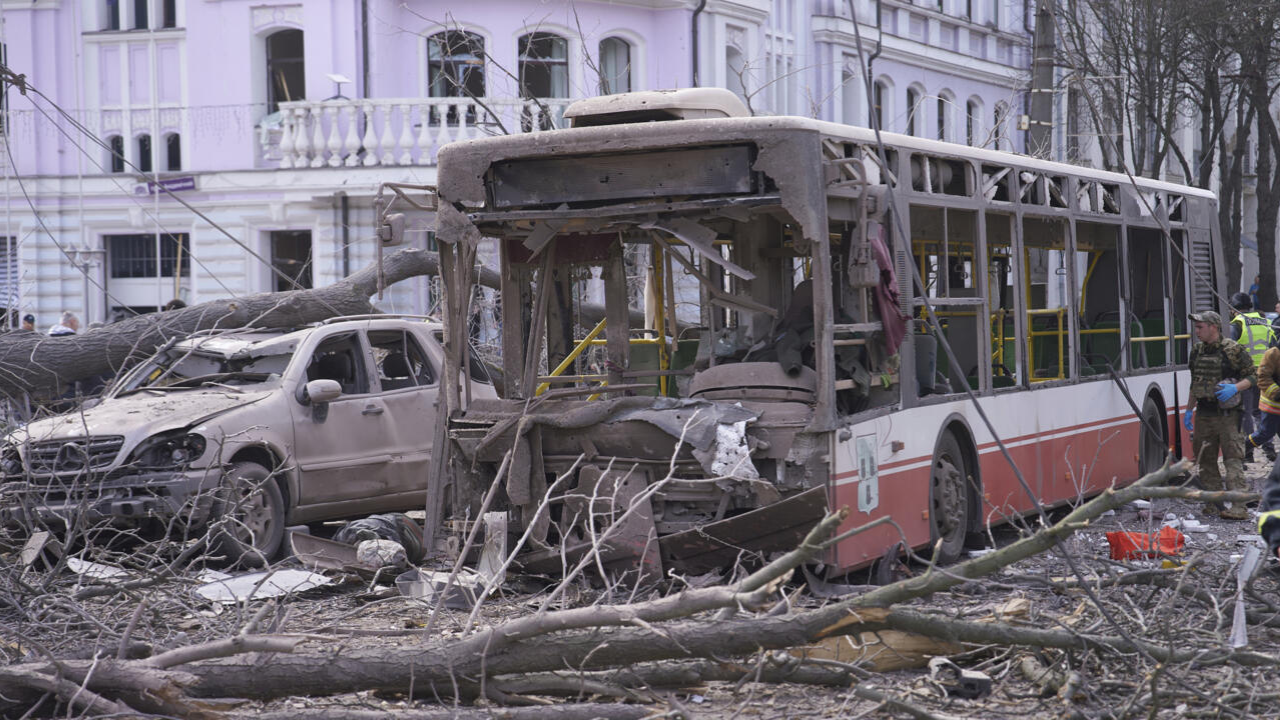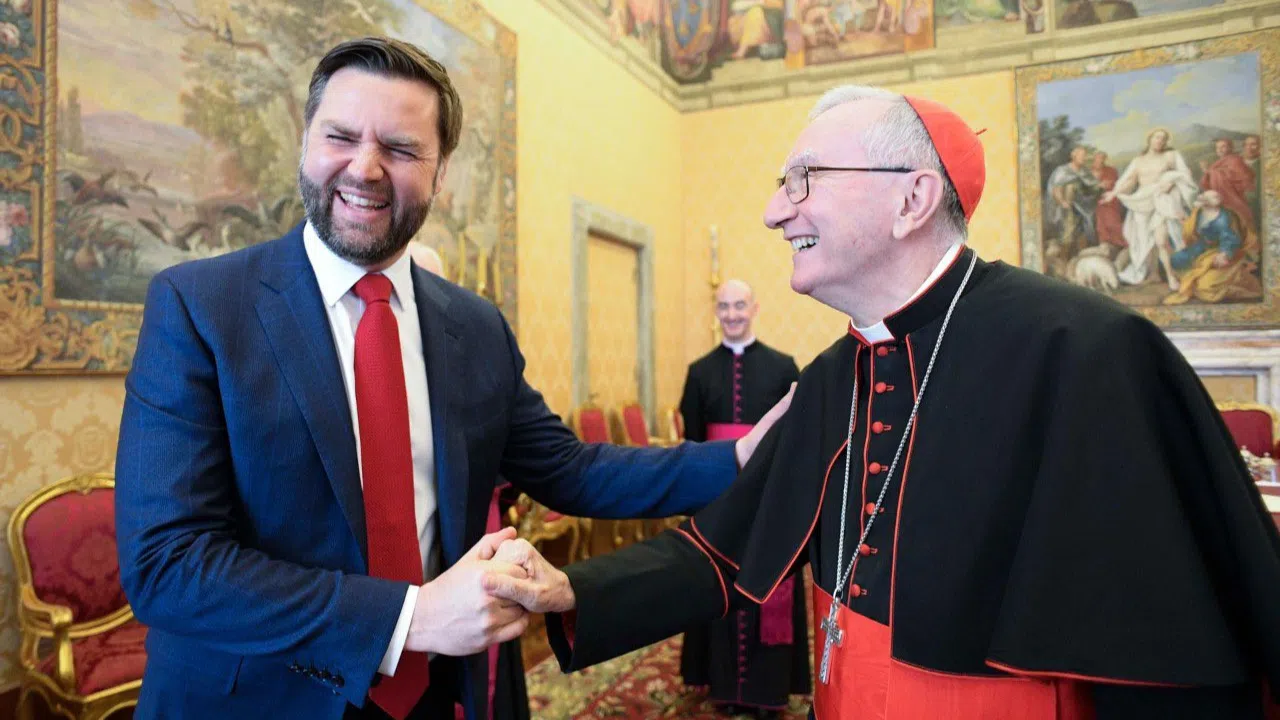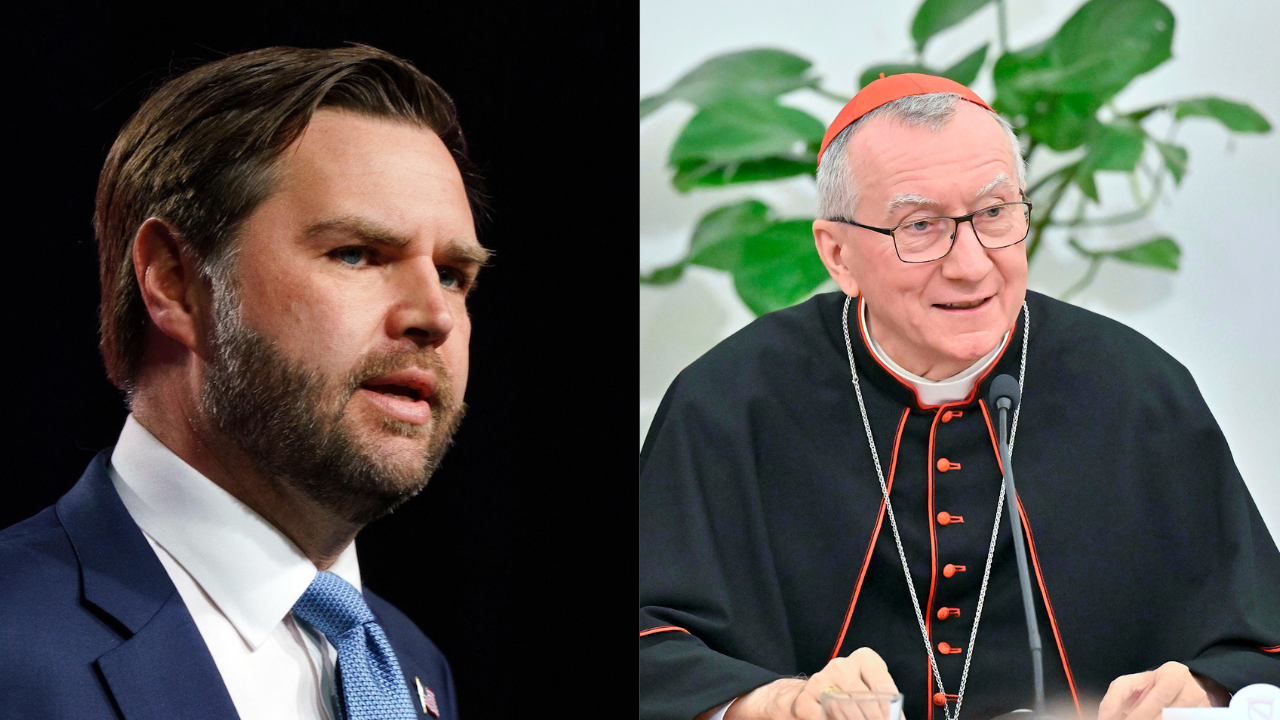A nightmare began in Iraq five years ago and it is still difficult to wake up from it. In the summer of 2014, militants from the self-proclaimed Islamic State took Mosul and the Nineveh Plains in a lightning attack.
From Mosul, a city with three million inhabitants, 150,000 had to escape in a single night with only the clothes on their back. They were mostly Christians, Yazidis and moderate Muslims who did not accept the interpretation of Islam imposed on them by jihadists. An ultimatum was given to these civilians: die, pay a tax or convert to Islam.
Afterward, the terrorists took over the entire Nineveh Plains, destroying everything in their path: the unarmed population, their houses and their churches.
They captured women and children, making them slaves. This document breaks down the cost according to the woman's age and whether Christian or Yazidi.
Those who managed to escape took refuge in Iraqi Kurdistan, in the north of the country.
Since the beginning of the crisis, Pope Francis has been very aware of the destiny of these Christians. In December 2014, he sent them this video message that was screened in the streets of Erbil, Kurdistan. He assured them he desired to be with them soon.
Security conditions and the battle against jihadists have caused the pope to postpone his visit to Iraq. However, the idea has never entirely been thrown out and could soon become a reality.
POPE FRANCIS
June 10, 2019
“I constantly think about Iraq, where I want to go next year. This is so I can look to a peaceful future based on the shared pursuit of the common good of all parts of society, including religious ones; and not to fall back into tensions that come from the endless conflicts of regional powers.”
Pope Francis has remained close to the Yazidis, whom the jihadists hated. He met with the ethnic group's highest authority in the Vatican and with Nadia Murad, Nobel Peace Prize winner and slave survivor by the Islamic State.
The terrorist group was militarily defeated in 2017 although there are still thousands of missing people, especially women. Reconstruction after the invasion is slow, but even slower is the return of refugees, who will never forget the drama they experienced.
